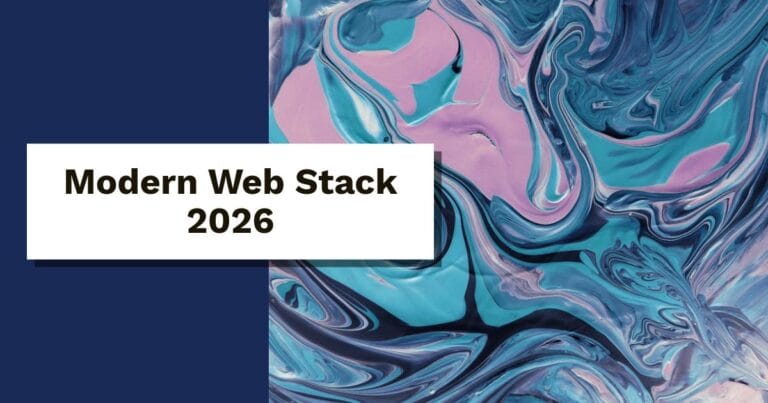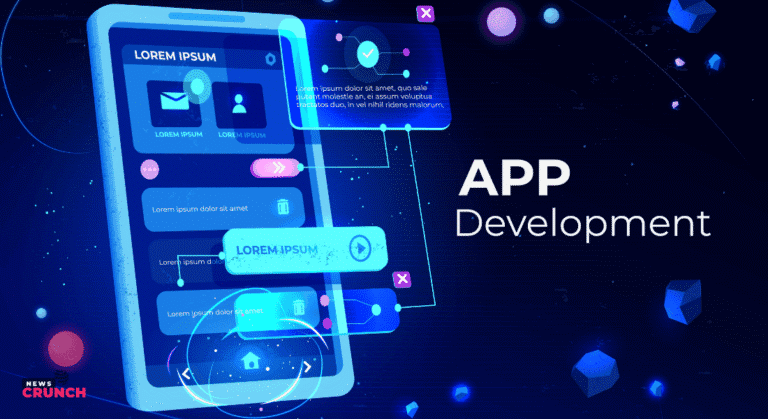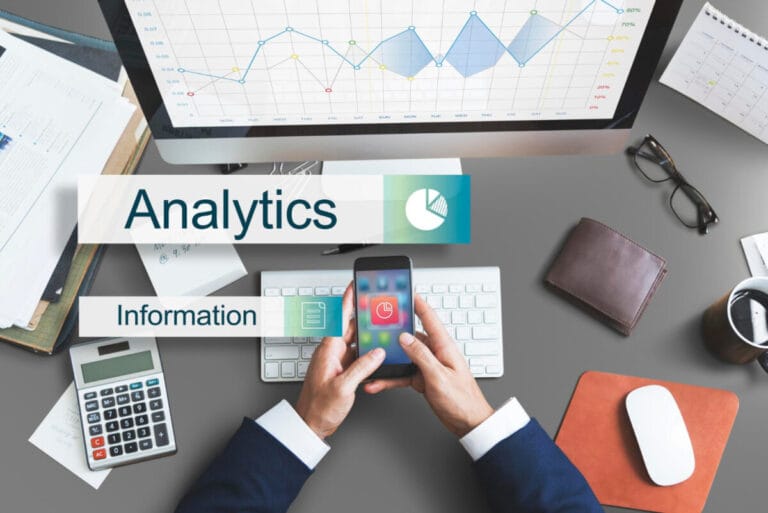
Introduction: Why CRM Integration Matters in 2026
Customer Relationship Management (CRM) platforms have transformed far beyond contact databases. By 2026, they will be central growth engines for finance organizations, fueling automation, compliance, and customer engagement. Their real strength lies in integration, seamlessly connecting CRM integration partners with finance tools, payment systems, and advanced analytics platforms.
In today’s financial world, integration means real-time transaction visibility, fraud detection, compliance tracking, and forecasting accuracy. CFOs, banking leaders, and fintech startups leverage CRM integration partners to unify scattered data, reduce manual workloads, and uncover predictive insights.
Simply put, CRM integration in 2026 isn’t optional; it’s the backbone of digital finance transformation.
Best 8 CRM Integrations for Finance
1. Salesforce Finance Cloud Integrations
Salesforce continues to dominate finance CRM integrations in 2026 with its Finance Cloud. Through partnerships with banks, wealth managers, and fintech ecosystems, Salesforce seamlessly connects customer data with loan systems, investment platforms, and compliance dashboards.
Its AI-powered Einstein analytics provides predictive insights into client lifetime value, fraud risks, and investment opportunities. Financial advisors benefit from personalized dashboards that integrate with tools like Power BI and Tableau, ensuring compliance while strengthening customer relationships.
The highly scalable platform is ideal for large banks, insurance companies, and multinational finance institutions. While its complexity requires skilled integration partners, the payoff is unmatched data unification and enhancement of customer experience.
2. HubSpot Finance CRM Partners
HubSpot stands out in 2026 for its simplicity and rapid adoption. Finance teams integrate HubSpot with payment gateways, accounting software, and business intelligence dashboards, creating a single source of truth for transactions and customer profiles.
SMBs and fintech startups value HubSpot’s low implementation costs and automation features like finance pipelines, invoice reminders, and customer engagement tracking. With analytics tools like Looker, HubSpot delivers fast forecasting and compliance insights without requiring deep technical expertise.
Its intuitive interface helps small teams achieve enterprise-level insights without heavy IT investment. However, large enterprises may find their finance-specific customization less advanced than Salesforce or Oracle. Still, HubSpot is a top CRM integration partner for startups and growing finance firms in 2026.
3. Zoho CRM + Finance Suite Integrations
Zoho has carved its niche in 2026 by offering an affordable yet powerful CRM + Finance Suite integration. It connects CRM data directly with Zoho Books, Zoho Invoice, and Zoho Analytics, minimizing manual entries and enabling real-time financial reporting.
Finance teams can directly track invoices, customer payments, and compliance records inside the CRM. The platform reduces errors by automating reconciliations and consolidating customer data for faster credit risk evaluations.
Best suited for mid-sized firms, Zoho provides flexibility through modular add-ons and APIs. While it may lack Salesforce’s enterprise scalability, its cost-effectiveness and seamless integration make it one of the most attractive choices for finance teams prioritizing agility and affordability in 2026.

4. Microsoft Dynamics 365 Finance Integrations
Microsoft Dynamics 365 shines in finance because of its native connection with Microsoft’s ecosystem, Power BI, Azure, and Teams. By 2026, Dynamics will have become a core CRM for banks and enterprises that demand deep financial analytics and compliance-ready workflows.
Dynamics integrates financial transactions, loan applications, and customer histories into one system. Its AI Copilot features assist finance teams by predicting cash flow, identifying risky transactions, and suggesting compliance actions.
Enterprises benefit from its scalability and security, supported by Microsoft’s cloud infrastructure. While initial setup and licensing costs can be higher than competitors, its enterprise-grade compliance tools and global scalability make it one of the most powerful CRM integrations for finance leaders in 2026.
5. Oracle NetSuite CRM
Oracle NetSuite has long been a leader in financial systems, and its CRM integration in 2026 makes it an end-to-end finance platform. Connecting NetSuite ERP with CRM gives finance teams unified visibility over customer accounts, invoices, payments, and forecasts.
Its integration strengths include real-time financial reporting, revenue recognition automation, and compliance management. For global enterprises, NetSuite supports multi-currency and multi-entity operations seamlessly.
While it is best suited for larger finance institutions with complex structures, its cloud-native flexibility ensures that firms can manage finance, CRM, and analytics from one integrated platform. The downside? Complexity and cost. However, for multinational organizations, NetSuite remains a top-tier partner.
6. Freshworks CRM (Freshsales)
Freshworks CRM, known for user-friendliness, has become a serious player in finance integrations. By 2026, it will connect seamlessly with accounting software, payment processors, and analytics dashboards to deliver actionable insights for finance teams.
Its strength lies in AI-driven lead scoring, customer communication automation, and built-in telephony, helping finance institutions boost compliance and customer engagement.
Freshworks appeals to SMBs and mid-sized firms because it’s affordable, intuitive, and quick to implement. While it may not offer the enterprise depth of Microsoft Dynamics or Salesforce, its cost-effectiveness and ease of integration make it a rising favorite in 2026.

7. Pipedrive CRM
Pipedrive may have started as a sales CRM, but in 2026, it’s widely adopted in finance due to pipeline automation and integration flexibility. With add-ons for invoicing, accounting, and analytics, finance teams use Pipedrive to track transactions alongside customer journeys.
Its customizable pipelines simplify compliance processes like KYC (Know Your Customer) and AML (Anti-Money Laundering) checks. When paired with analytics tools like Tableau, finance teams appreciate its visual dashboards, which provide instant insights into customer value and risk.
Best for small to mid-sized finance firms, Pipedrive’s simplicity and affordability make it a solid choice. However, enterprises may find its finance-specific features limited compared to NetSuite or Dynamics.
8. SugarCRM
SugarCRM stands out in 2026 for its AI-driven automation and strong customization. Finance organizations use it to integrate customer data, loan management, and compliance workflows under one roof.
Its predictive insights help identify churn risks, forecast lifetime value, and detect fraud patterns. SugarCRM also offers strong API flexibility, allowing connections with ERP, payment processors, and advanced analytics platforms.
Best for firms that need custom-built finance solutions, SugarCRM requires more technical expertise to implement but rewards teams with highly tailored workflows. It bridges the gap between affordability and enterprise-grade integration, making it a strong CRM partner in finance.
Analytics Tools Powering CRM Success
In 2026, analytics tools remain the nerve center of finance CRM success:
- Power BI → Real-time dashboards for transaction monitoring, compliance, and forecasts.
- Tableau → Advanced visualization for segmentation, risk assessment, and performance insights.
- Google Looker → Predictive modeling for fraud detection, lifetime value forecasting, and growth opportunities.
Together, these tools transform CRMs from data warehouses into intelligence engines.
A Trusted CRM Integration Partner
In 2026, selecting a CRM is only half the journey; choosing the right integration partner makes the difference. The best partners ensure CRMs connect smoothly with finance systems, analytics platforms, and compliance tools. Trusted partners deliver:
- Tailored integrations for finance workflows
- Scalable solutions for startups → enterprises
- Ongoing support for compliance and future needs
Comparing CRM Integration Partners 2026
| Partner | Ease of Use | Finance Features | Analytics Power | Scalability | Best Fit |
| Salesforce | Complex | Advanced finance cloud | Deep BI & Tableau | Highly scalable | Large enterprises, banks |
| HubSpot | Intuitive | Finance pipelines, automation | Works with Looker & BI | SMB scalability | Startups & SMBs |
| Zoho | Moderate | Built-in finance suite | Flexible BI connections | Mid-scale growth | Mid-sized finance teams |
| Microsoft Dynamics | Complex | Compliance + ERP integration | Strong Power BI integration | Enterprise-scale | Banks & large institutions |
| Oracle NetSuite | Complex | Full finance + CRM suite | Global reporting power | Enterprise-scale | Multinationals, large enterprises |
| Freshworks | Easy | Payment + accounting links | AI insights + BI tools | SMB–mid scalability | Growing SMBs & fintech startups |
| Pipedrive | Easy | Compliance workflows, pipelines | Works with Tableau, BI | Mid-scale growth | Small–mid finance firms |
| SugarCRM | Moderate | AI-driven automation | Strong API flexibility | Flexible scalability | Firms needing customization |
Future CRM Integration Trends 2026
Looking ahead to 2026, the most transformative trends in CRM integration for finance redefine how organizations engage with data, security, and automation. Finance firms harness these innovations to stay competitive, compliant, and customer-centric.

1. AI-First CRM Ecosystems
CRMs are evolving into intelligent partners, not just passive systems. AI-driven capabilities automate complex tasks like risk forecasting, anomaly detection, and compliance checks. Imagine a CRM that proactively flags suspicious financial patterns or forecasts cash flow challenges before they arise. These intelligent assistants enhance decision-making while reducing manual oversight.
2. Blockchain-Enabled Data Integrity
Blockchain integration is redefining data security and transparency. Immutable ledgers ensure transaction records and customer data remain tamper-proof, perfect for audit trails and regulatory compliance. Finance teams using blockchain-backed CRMs can offer stronger data accountability, reducing risk and enhancing trust.
3. Unified Platforms for Seamless Workflows
Siloed systems are fading fast. The future lies in unified ecosystems where CRM, ERP, analytics, and compliance tools operate seamlessly. This means one platform, one dashboard, and one source of truth, driving efficiency, reducing errors, and accelerating insights. Whether monitoring customer value or ensuring regulatory checklists are complete, everything is accessible in one place.
4. Predictive Analytics for Proactive Finance
Predictive modeling isn’t the future; it’s now. CRM systems increasingly integrate with advanced analytics to forecast customer lifetime value, detect emerging trends, and anticipate churn risks. These predictive insights empower finance teams to act before issues escalate, steering strategy with foresight rather than hindsight.
5. Embedded Regulatory Compliance and Automation
Today’s CRMs are built for the real world, where finance means regulations. Built-in automation ensures workflows comply with KYC, AML, GDPR, and other industry standards by default. This reduces manual work, ensures audit-readiness, and frees finance teams to focus on growth, not paperwork.
Final Thought
CRM integration in 2026 defines the future of finance. Whether you’re a startup, mid-sized firm, or global bank, the right CRM partner provides unified data, predictive insights, and compliance automation. Salesforce and Microsoft Dynamics lead the enterprise market, while HubSpot, Zoho, and Freshworks empower agile teams.

FAQs About CRM Integration Partners 2026
Q1. What are the best CRM integration partners for finance in 2026?
Salesforce, HubSpot, Zoho, Dynamics 365, NetSuite, Freshworks, Pipedrive, and SugarCRM are top picks for finance.
Q2. Why are analytics tools vital in CRM integration?
Because tools like Power BI, Tableau, and Looker turn raw CRM data into predictive insights for compliance, fraud, and forecasting.
Q3. Which CRM is best for startups in 2026?
HubSpot and Freshworks stand out for startups due to affordability, fast adoption, and strong finance + analytics integrations.
Q4. What CRM platforms work best for large enterprises?
Salesforce Finance Cloud, Microsoft Dynamics 365, and Oracle NetSuite are ideal for global banks and financial institutions.
Q5. Which CRM is most affordable for finance firms?
Zoho CRM + Finance Suite offers the best balance of affordability, automation, and flexibility for small and mid-sized firms.
Q6. Do CRMs help with compliance automation?
Yes. CRMs like Dynamics, Salesforce, and SugarCRM directly integrate compliance workflows (KYC, AML) into finance pipelines.
Q7. Can CRMs predict fraud in finance?
Yes. Paired with analytics tools, CRMs provide real-time alerts and AI-driven fraud detection to safeguard transactions.
Q8. Are blockchain features part of CRM in 2026?
Future-ready CRMs use blockchain integration to secure financial data, prevent tampering, and enhance transparency.
Q9. What’s the role of AI in CRM integrations?
AI-first CRMs automate compliance, forecast risks, and provide personalized insights for smarter finance decisions in 2026.
Q10. How do finance firms choose the right CRM partner?
By matching size, budget, compliance needs, and analytics tools. Startups need simple CRMs, enterprises need scalable ones.







